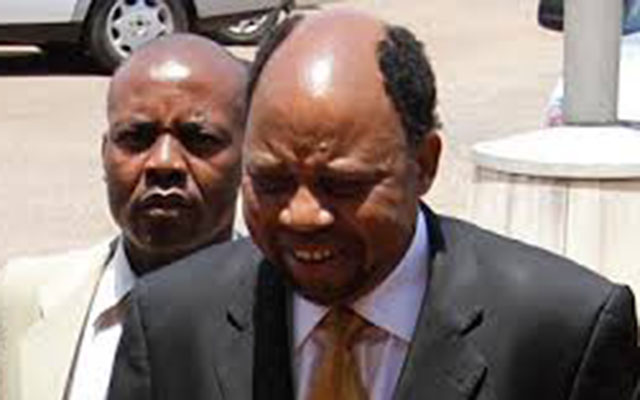IPEC drafts law to deal with pension funds trustees

Martin Kadzere recently in VICTORIA FALLS
THE Insurance and Pension Commission has completed draft regulations that empower it to deal with errant trustees of pension funds, an official said.
Commissioner Tendai Karonga said IPEC had observed several poor corporate governance practices, prompting the commission to come up with tight controls.
The draft regulations have already been submitted to the Ministry of Finance for approval. “We are in the process of developing new procedures to control the unacceptable behaviour by some of the trustees,” said Mr Karonga.
“Basically it will be a legal approach. We have drafted the regulatory procedures that we want the trustees to follow. We are just waiting for the approval from the ministry.”
He said weak corporate practices ranked as one of the major challenges in the pension funds industry. For instance, while most boards of trustees for pension funds have equal representation of employer and employee trustees, generally employer representative trustees dominate in decision making process. Some critical decisions are as a result not made in the best interest of the fund members.
In addition some of the trustees lack competence to make good investment decisions. Mr Karonga said trustees representing employers normally wield more power compared to employee trustees by virtue of them being “bosses” in the sponsoring employer.
As a result the employer trustees end up swaying decisions of boards of trustees in their favour even at the expense of the fund’s interests.
Because of this imbalance, the trustees are conflicted and end up making decisions to engage the fund in related party transactions with the fund at concessionary terms. IPEC also observed that sponsoring employers were renting pension fund’s properties at below market rents and obtain loans at concessionary rates.
Where the sponsoring employer, for example, fails to pay rent, trustees who are representing the employer are not able to sue the employer because this would be tantamount to “suing themselves” and in the process the fund loses out.
This is worsened by some trustees who may not stand up to enforce certain actions against the sponsoring employer. In the case of banks, the bulk of the resources are usually invested with the sponsoring employer.
Mr Karonga noted that expense ratios as high as 23 percent, implied that for every $1 of income received only $0,77 will be available for investment. “Given the depressed investment returns as well the fact that part of the $1 income may be tied up in non-investable assets such as contribution arrears, the $0,77 may fail to generate enough investment income to enable the fund to meet members’ reasonable expectations.
“This may end up tarnishing the reputation of the fund in question and the pensions industry at large.”
IPEC also observed that lack of IT systems has resulted in the absence of complete records on pension fund members. “For example, we have requested for information such as the date of joining the fund, contribution history and members salaries but this in some instances has not been forthcoming,” said Mr Karonga.










Comments